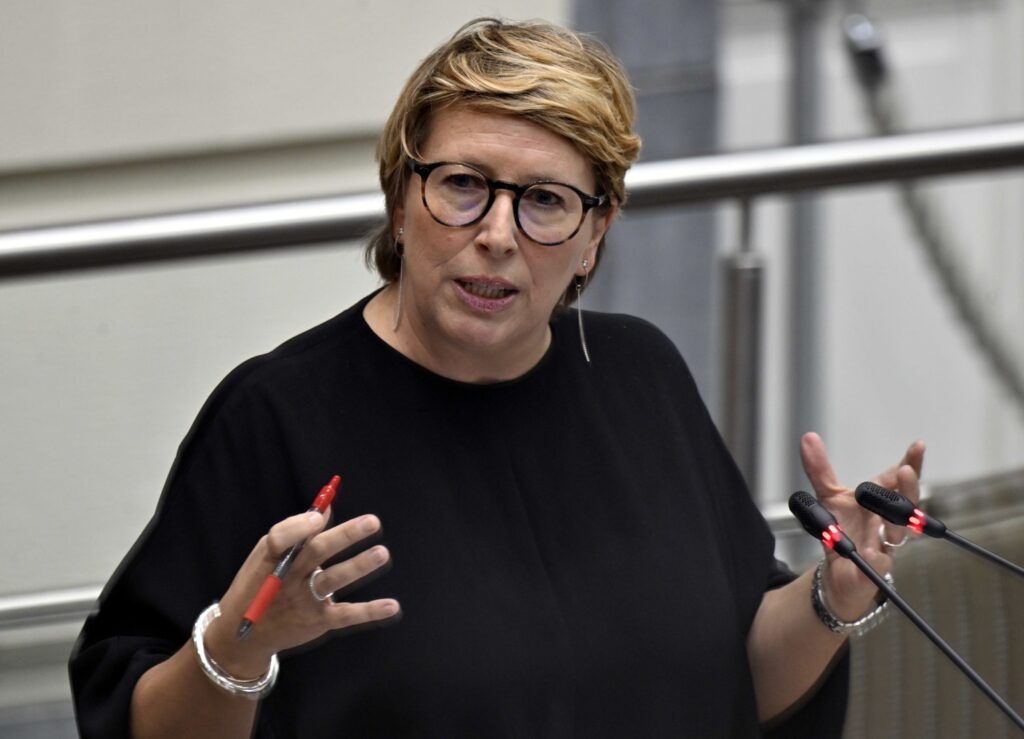The Government of Flanders aims to increase access to childcare centres and nurseries, make them more affordable and improve the qualifications of their staff, under a reform plan presented on Wednesday by Welfare Minister Caroline Gennez.
The previous Flemish government had already been forced to address issues in such centres after several incidents, including the death of a baby in a Ghent nursery, which led to a parliamentary inquiry in 2022 and stricter regulations from the Flemish licensing agency.
This had resulted in a sharp rise in the number of nurseries closed by authorities, leading to a shortage of childcare places in some areas. In response, the government pledged an additional €270 million, 5,000 more places, and a reduction in the child-to-staff ratio.
Additional annual funding to amount to €200 million by 2029
Welfare Minister Gennez continues to build on these measures, following the announcement by the regional government of additional yearly investment, described by her office as an "investment boost." The extra annual funding amounts to €100 million for 2025-2027, increasing to €150 million in 2028 and €200 million in 2029.
The added financing will be used primarily to open new nurseries, with priority given to critical areas such as Ghent, Antwerp, and Brussels. While the exact number of new places has not been specified, Ms. Gennez indicated it would be “several thousand.”
Flanders also aims to create more subsidised childcare places, where the cost for parents depends on their income.
The sum of €50 million has been earmarked to support these nurseries, including administrative, educational, and logistical assistance.
Specialised early child-care degree by 2027
The minister also mentioned the creation of a specialised degree for early childhood care by 2027. While not mandatory, it is expected to enhance the quality of care and elevate the profession.
The financial contributions required from parents are also set to be reformed in order to consider a broader range of household incomes, including potential dividends.
The plan does not address the child-to-staff ratio directly, but follows the previous government’s trajectory. By 2027, the ratio is set to be one carer per five children under the age of 1 year, one per seven for mixed-age groups, and one per eight for children over one-year-old.
The Christen Democratisch en Vlaams (CD&V) party, a partner within the Flemish majority, expressed criticism of the plan on Wednesday afternoon.
Katrien Schryvers, a member of the regional parliament, welcomed the existence of the plan but expressed a desire to see it in detail.
She noted that it relies heavily on the guidelines established by Minister Hilde Crevits (CD&V) but lamented Minister Gennez’s reluctance to confirm the initial ambition of 10,000 additional childcare places.

